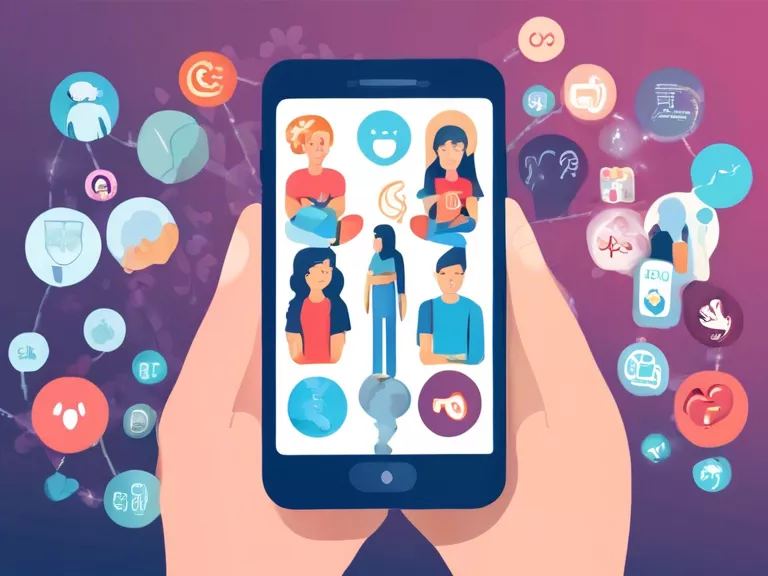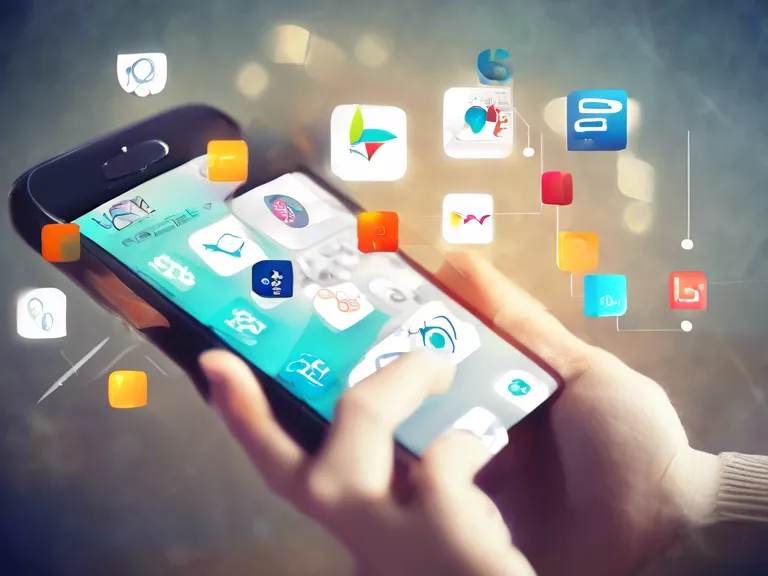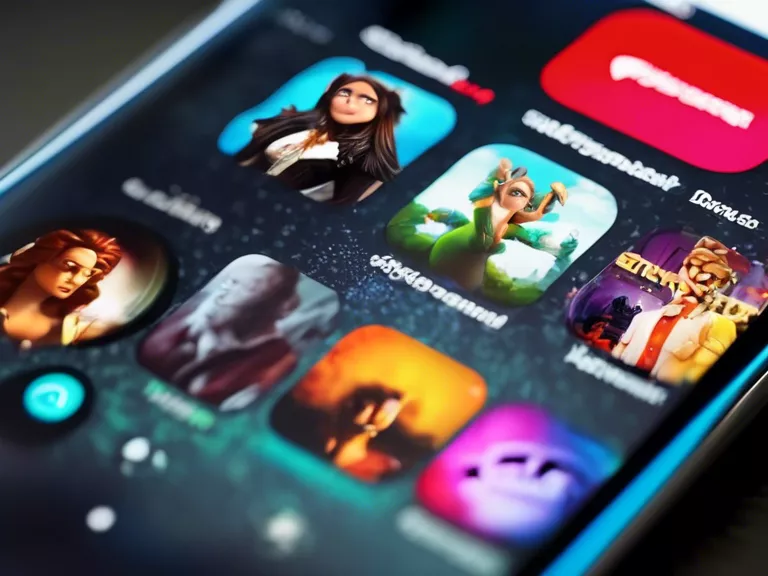
In this digital age where technology is at our fingertips, mental health apps are gaining popularity as a tool for promoting emotional wellbeing. These apps come in various forms, from providing guided meditation sessions to mood tracking tools and virtual therapy sessions. The impact of these mental health apps on individuals' emotional wellbeing is significant, offering support and resources for those struggling with anxiety, depression, stress, and other mental health issues.
One of the key benefits of mental health apps is accessibility. With just a few taps on a smartphone, individuals can access a wealth of resources and tools to help them manage their emotions and improve their mental health. This accessibility is especially important for those who may not have access to traditional mental health services or who may feel more comfortable seeking support in a private and discreet manner.
Another important aspect of mental health apps is their ability to provide personalized support. Many of these apps use algorithms and data tracking to tailor their suggestions and resources to each individual user's needs and preferences. This personalization can make a significant difference in helping individuals feel supported and understood as they navigate their mental health journey.
Additionally, mental health apps can promote emotional wellbeing by offering users a sense of community and connection. Many apps include forums or chat features where users can interact with others facing similar challenges and share their experiences. This sense of camaraderie can be incredibly empowering and provide a sense of belonging that is crucial for emotional wellbeing.
Overall, the impact of mental health apps on promoting emotional wellbeing is undeniable. With their accessibility, personalization, and sense of community, these apps are playing a vital role in supporting individuals as they work towards better mental health.



